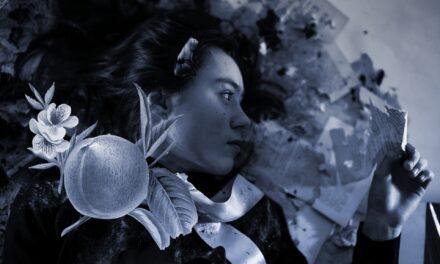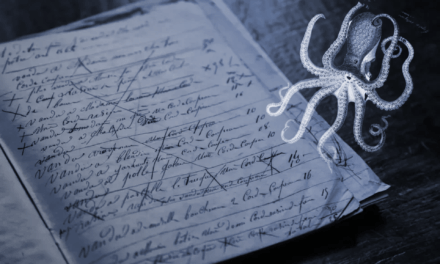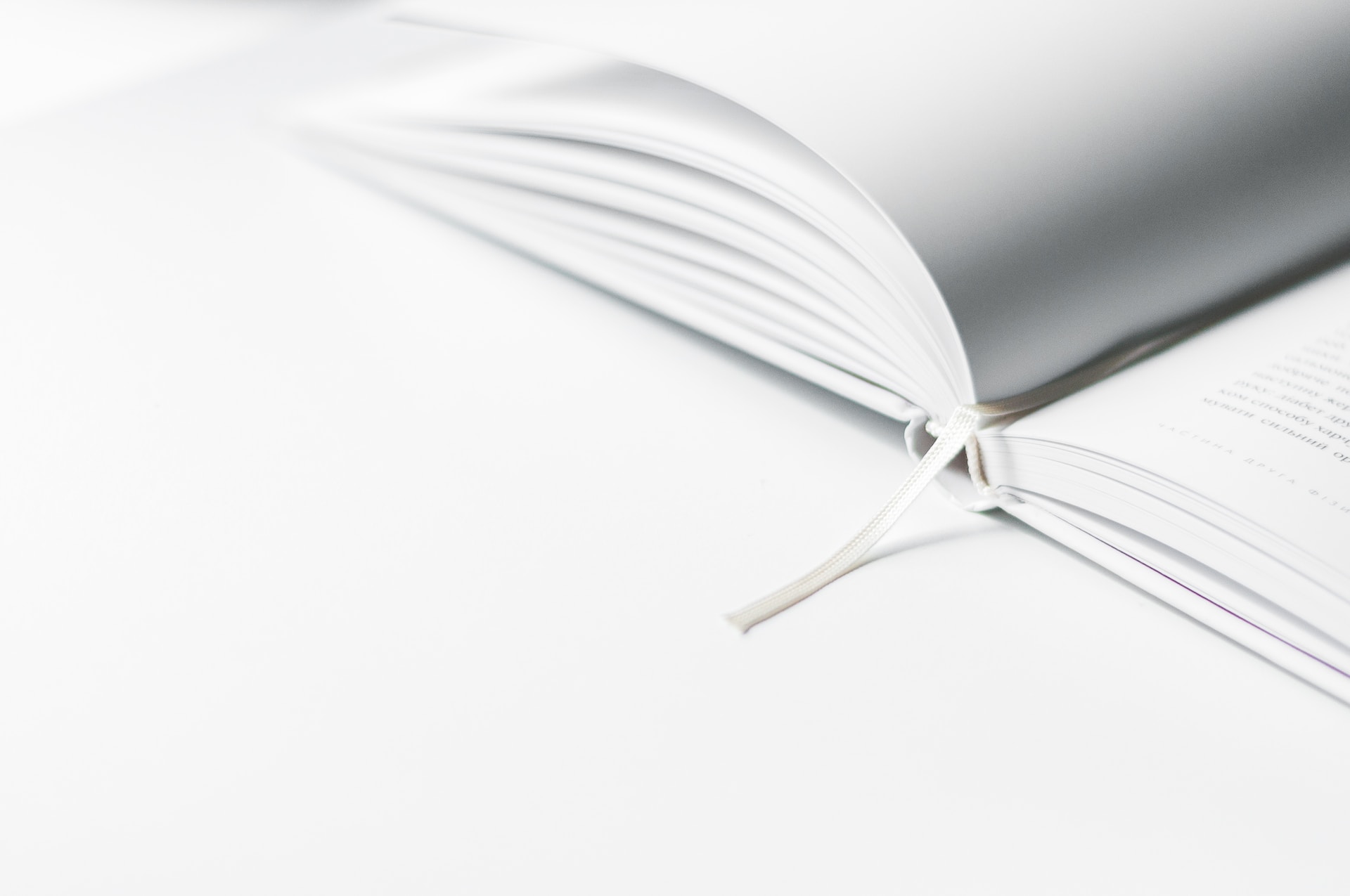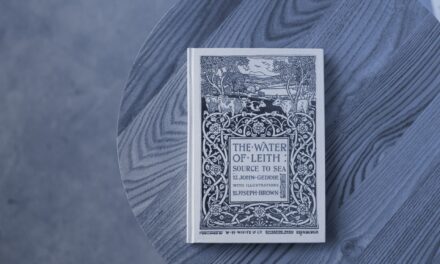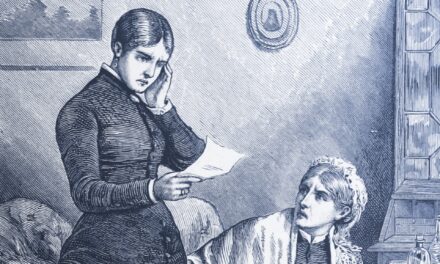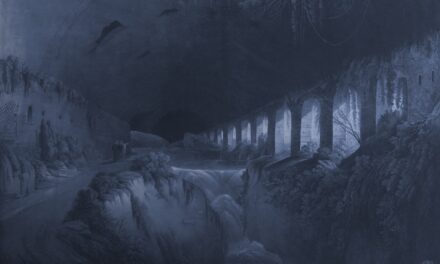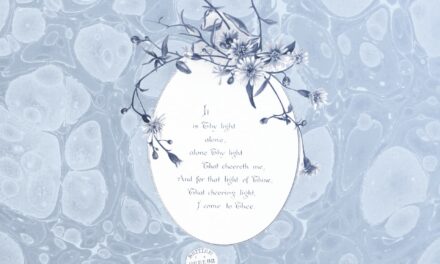
9 Ways To Write Your Opening Line – Is It Really Important?
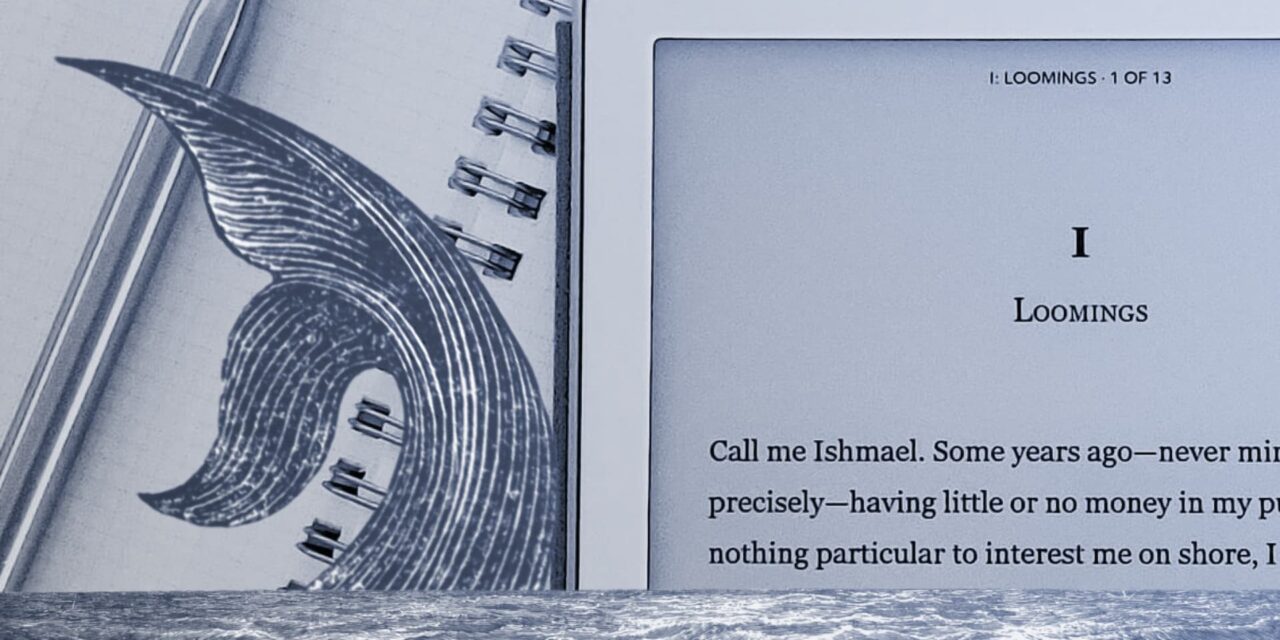
Let me be very clear about this: there is no famous first line of a not-famous novel.
Opening lines only stand up on their own when a piece of work has already achieved great recognition. Your first line can only do so much – it won’t make your book sell like Tolstoy. So, how important is it to write your opening line and make it memorable?
An opening line does serve a very important purpose.
A banging opener won’t shoot you to the top of the Amazon Bestseller List, but it will make people do the one thing you need them to do — read your book!
People enjoy books best when they are invested, hooked, and intrigued from the start. Nobody wants to work at “getting into” a novel. You also really don’t want people feeling “meh” after the first couple of pages and flipping back to their Kindle home screen to try another sample.
So, if you believe that you have a brilliant novel you want people to read, you need to spend some time thinking about how you will make sure people want to read it from the off. In an interview with the Atlantic, Stephen King talked about spending months, or even years, writing the opening lines for a new book (you could probably cut that timeline down a little, though…)!
The way you write your opening line won’t make your book important. But it may just be the most important line of the book.
There are as many ways to open a novel as there are stories, but I have categorised them for you here into nine distinct techniques with examples.
1. Introduce your narrative voice
Sometimes the opening line is an introduction to what the book will be like, how it will read, and how your narrator will address you. This is a great way to write your opening line because your reader has an immediate taste for the rest of the book and will make an affiliation right from the start.
Lolita, light of my life, fire of my loins.
Lolita, Vladimir Nabokov
Is there a stronger voice in fiction?! You know you’re in for a ride, even from these first nine words. Maybe you don’t expect the horror that unfolds, but the forceful obsession coming at you between the eyes defines the novel, and you get that from the very first line.
Another unique narrative voice you’ve probably read or heard before is from The Catcher in the Rye:
If you really want to hear about it, the first thing you’ll probably want to know is where I was born, and what my lousy childhood was like, and how my parents were occupied and all before they had me, and all that David Copperfield kind of crap, but I don’t feel like going into it, if you want to know the truth.
The Catcher In The Rye, J.D.Salinger
If you intend to write colloquially or informally, it’s good to start with an excellent example of this style. People will sit with you as you tell them a story as if they’re in your front room.
You better not never tell nobody but God.
The Colour Purple, Alice Walker
2. Introduce the overall theme
Let’s take Jane Austen’s famous opening line from Pride and Prejudice:
It is a truth universally acknowledged, that a single man in possession of a good fortune, must be in want of a wife.
Pride and Prejudice, Jane Austen
There’s no mistaking it – this is a book about marriage and money.
Your theme will usually be revealed in your opening chapter anyway, but it’s also a great choice for how to write your opening line.
Often considered one of the greatest books of all time, The Great Gatsby opens with the narrator explicitly defining the theme of the novel:
In my younger and more vulnerable years my father gave me some advice that I’ve been turning over in my mind ever since. Whenever you feel like criticizing anyone, he told me, just remember that all the people in this world haven’t had the advantages that you’ve had.
The Great Gatsby, F. Scott Fitzgerald
And my last example, simple to understand, and relatable to many:
Happy families are all alike; every unhappy family is unhappy in its own way.
Anna Karenina, Leo Tolstoy
3. Start with something odd or curious
This might just be the most popular and most successful technique – pique your reader’s interest, and they can’t help but read on.
It was a bright cold day in April, and the clocks were striking thirteen.
1984, George Orwell
Thirteen? Huh. Go on.
Or take Middlesex:
I was born twice: first, as a baby girl, on a remarkably smogless Detroit day in January of 1960; and then again, as a teenage boy, in an emergency room near Petoskey, Michigan, in August of 1974.
Middlesex, Jeffrey Eugenides
Start with the impossible, and your reader will want to discover what made it possible.
I write this sitting in the kitchen sink.
I Capture the Castle, Dodie Smith
Ok. How? Why? I need to know.
Here are some more favourites:
It was the day my Grandmother exploded.
The Crow Road, Iain Banks
Later, as he sat on his balcony eating the dog, Dr Robert Laing reflected on the unusual events that had taken place within this huge apartment building during the previous three months.
High Rise, J.G.Ballarrd
4. Set the scene
Write your opening line to immerse your reader from the beginning, and they are in your world. They are in the palm of your hand.
Succinctly describe what’s happening:
Not for the first time, an argument had broken out over breakfast at number four, Privet Drive.
Harry Potter and The Chamber of Secrets, JK Rowling
Sometimes setting the scene means a little more explicit worldbuilding:
In a hole in the ground there lived a hobbit. Not a nasty, dirty, wet hole, filled with the ends of worms and an oozy smell, nor yet a dry, bare, sandy hole with nothing in it to sit down on or to eat: it was a hobbit-hole, and that means comfort.
The Hobbit, J.R.R. Tolkien
But be careful with this one — if you are worldbuilding, don’t start with a description of a location or the weather where nothing happens, or fail to introduce any characters or concepts. The Hobbit example works because it introduces the concept of a Hobbit and of a hobbit-hole that is unlike any hole you are imagining.
5. Set the mood
The Bell Jar captured the imagination and ethereal dark mood of my teen years — pretending I was a grown-up in a sticky city with important feelings. The opening line does so much work to set that mood:
It was a queer, sultry summer, the summer they electrocuted the Rosenbergs, and I didn’t know what I was doing in New York.
The Bell Jar, Sylvia Plath
Can you capture the mood? Captivate a reader’s senses with a unique and interesting location or feeling? Is it peaceful? Moody? Intrepid? Should we feel terror? Cold? Harsh? Make us feel, and you have already done half the job.
Dickens’ A Tale of Two Cities is a perfect example. The vacillating mood of the whole novel between love and conflict is summed up in these famous twelve words.
It was the best of times, it was the worst of times.
A Tale of Two Cities, Charles Dickens
6. High stakes
Introducing high stakes is a surefire way to write your opening line in a way that will grip your reader. Charles Dickens was great at this.
Whether I shall turn out to be the hero of my own life, or whether that station will be held by anybody else, these pages must show.
David Copperfield, Charles Dickens
7. Shock them
They shoot the white girl first.
Paradise, Toni Morrison
Horror, shock, brevity, intrigue. You can’t ask much more from an author. It might not mean you definitely want to read the whole book yet, but you definitely want to read the next sentence.
I sent one boy to the gas chamber at Huntsville.
No Country for Old Men, Cormac McCarthy
This one hits you in the gut. Not just a boy sent to a gas chamber, but the first person narrative: “I sent a boy”. The reader is listening to a person they probably never imagined they would be listening to.
8. Create an emotional connection
Create an emotional connection. Either by introducing the vulnerability of the character or situation, opening with a very relatable emotion, or by way of an informal introduction, like in the inimitable Moby Dick:
Call me Ishmael.
Moby Dick, Heman Melville
Late in the winter of my seventeenth year, my mother decided I was depressed, presumably because I rarely left the house, spent quite a lot of time in bed, read the same book over and over, ate infrequently, and devoted quite a bit of my abundant free time to thinking about death.
The Fault in Our Stars, John Green
This is a great opening. It is vulnerable, relatable, and also introduces some humour, which brings me on to:
9. Be funny
This doesn’t require much explanation. Here are some of my favourite examples:
Far Out in the uncharted backwaters of the unfashionable end of the Western Spiral arm of the galaxy lies a small unregarded yellow sun.
The Hitchhikers Guide to the Galaxy, Douglas Adams
I come from Des Moines. Somebody had to.
The Lost Continent, Bill Bryson
When a day that you happen to know is Wednesday starts off by sounding like Sunday, there is something seriously wrong somewhere.
The Day of the Triffids, John Wyndham
It’s a funny thing about mothers and fathers. Even when their own child is the most disgusting little blister you could ever imagine, they still think that he or she is wonderful.
Matilda, Roald Dahl
An opening line should invite the reader to begin the story. It should say: Listen. Come in here. You want to know about this.
So do that. Whatever way you can.
And if you can’t, then I know just the contest for you! Procrastinate the day away from your actual writing by coming up with the worst opening line you can for a fictional work and submit it to the San Jose State University annual Bulwer-Lytton Fiction Contest, in which entrants submit dire opening sentences from non-existent works.
Write good or write bad, but whatever you do, write.





